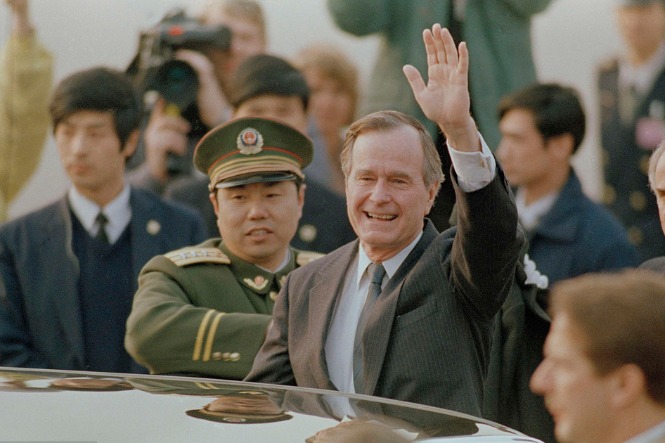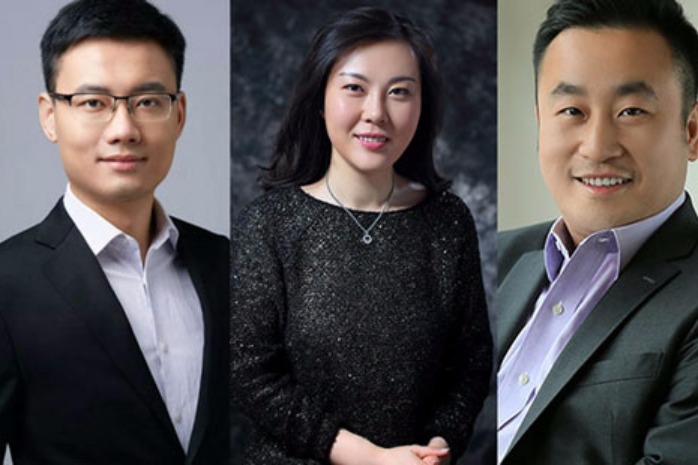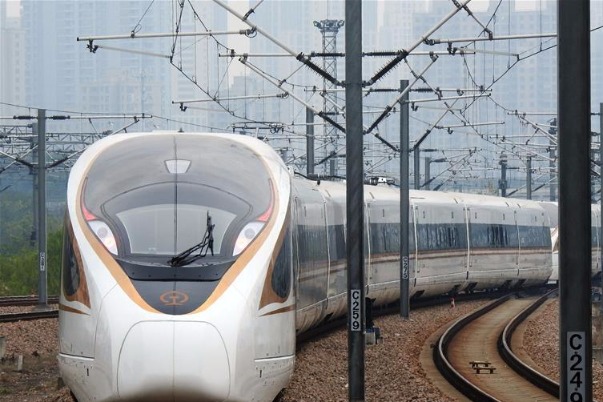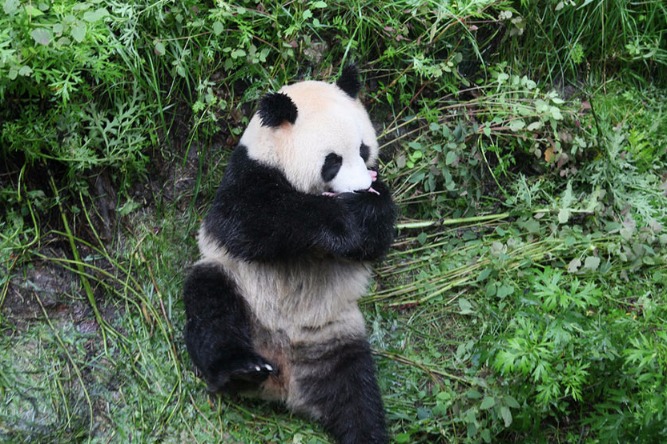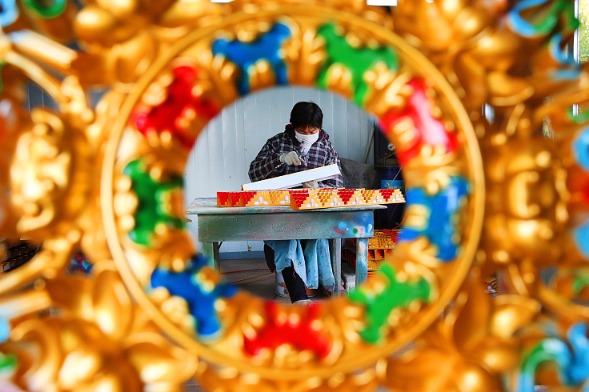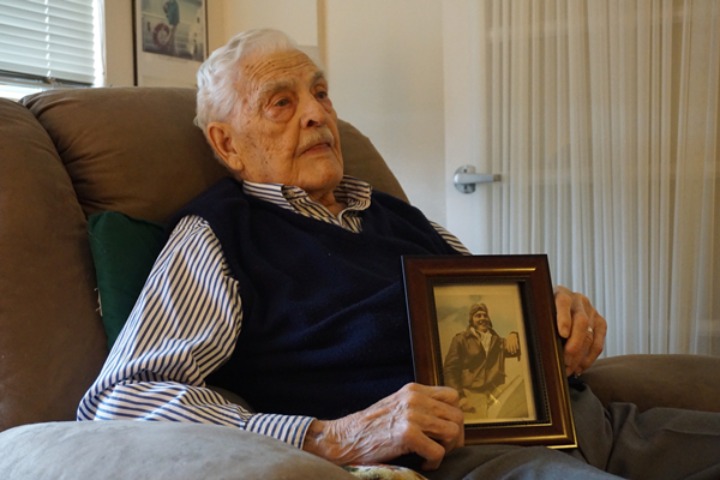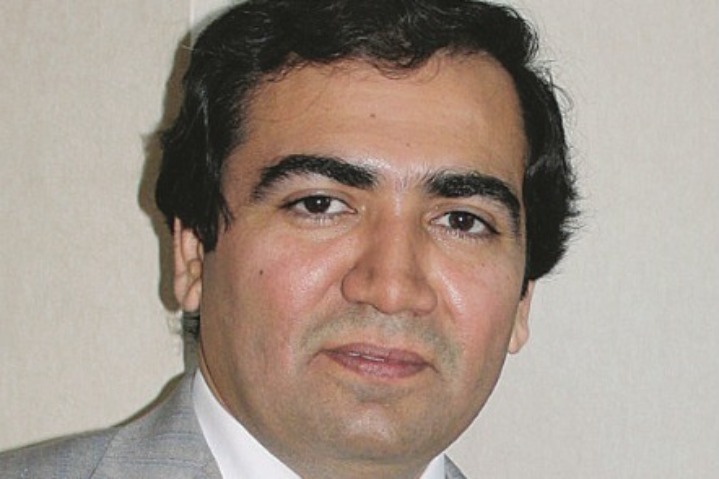Hawaii marks Sun Yat-sen's 150th anniversary
|
The Old School Hall at the Punahou School where Sun Yat-sen went to school when it was known as Oahu College. Yen Chun |
Sun first came to Hawaii in 1878 as a 13-year-old boy. He went to Hawaii six times for long and short stays and later became the first president of China's first republic by overthrowing the decadent Qing Dynasty in 1911.
The Punahou School, known as Oahu College at the time, was the one Sun enrolled in for the winter and spring semesters of 1883. Its Old School House is still being used as classroom today. US President Barack Obama also graduated from the school in 1979.
The Iolani School was where Sun enrolled as a boarding student from 1879 to 1882. But the campus at that time was on Bates Street and Nuuanu Street, rather than the current location on Kamoku Street.
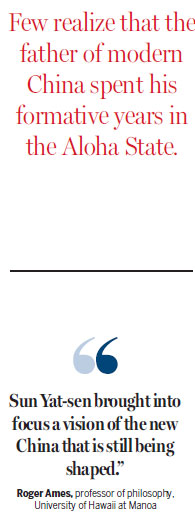
At the Sun Yat-sen Memorial Park on the corner of Hotel and Bethel streets in downtown Honolulu, a statue of Sun at age 13 greets visitors.
Next to the statue is Sun's quote, "This is my Hawaii here I was brought up and educated; and it was here that I came to know what modern, civilized governments are like and what they mean."
The Dr Sun Yat-sen Hawaii Foundation, which donated the statue to the city of Honolulu, has on its website a map of all the historical sites where Sun left his footprint while in Hawaii and also a Google virtual map of the sites created by Zhengyuan Ma.
Unfortunately, most of the original buildings where Sun lived, worked and delivered speeches were gone due to the big fire in Chinatown in 1900, according to Yen Chun, executive vice-president of the foundation.
To mark the 150th anniversary, a daylong forum will be held on Aug 6 at the University of Hawaii at Manoa campus to examine Sun's revolution and his support in Hawaii and California.
Another conference, called the 11th East-West Philosophers' Conference, was held on May 26 at the East-West Center, focusing on Sun's history in Hawaii, Japan and Singapore.
Chun, of the Dr Sun Yat-sen Hawaii Foundation, one of the co-sponsors of the event, said the Aug 6 forum is open to the public and will include 50 delegates from Sun Yat-sen/Soong Ching Ling affiliated organizations from the Chinese mainland, Taiwan, Singapore and Hong Kong, and 45 Sun Yat-sen family members.
Other events in Hawaii marking the anniversary will include a charity golf tournament, Sun Yat-sen trails in Oahu and Maui, and a global economic symposium.
Chun described Sun as "selfless, dedicated and committed for the cause".
"Two of Dr. Sun's famous teachings are 'Bo Ai' (Universal Love) and 'Tian Xia Wei Gong' (The entire world as one community). They are consistent with Hawaii's 'aloha' spirit and 'Ohana' (family). These are very powerful tools to resolve conflict and to teach people to treat others as equals, with acceptance and respect," she said.
Roger Ames, a professor of philosophy at UH Manoa who chaired the May 26 conference on Dr Sun, told China Daily that the world has seen few revolutionaries who have affected the lives of more people than Sun.
"Over a 16-year period with Hawaii as his base, the overseas Chinese diaspora as his constituents, and his brother Sun Mei as his greatest advocate, Sun Yat-sen brought into focus a vision of the new China that is still being shaped in our own historical moment," he said.
"Sun Yat-sen is revered as a son of Hawaii as well as the founding father of the new China, and his revolution belongs to Hawaii's Chinese-Americans and his many American friends as well as to the Chinese people," Ames said.
"As a historian of modern China, I personally view Dr. Sun's legacy as a Chinese revolutionary and reformer, with close connections to Hawaii, the Asia-Pacific, the United States, and the world," said Shana Brown, associate professor of history at UH Manoa, who will moderate the Aug 6 conference.
Brown said Sun came to Hawaii as a young man under the sponsorship of his older brother Sun Mei, and he was influenced by events in Hawaii at that time. He and his family were here during the era of the overthrow of the Kingdom of Hawaii and its annexation by the US. He was also here when there was concern over the impoverishment of Hawaiian farmers as well as the treatment of overseas Chinese.
"This context almost certainly contributed to his emphasis on the need to protect China's sovereignty, promote economic development, and ensure responsive government. For me, his cosmopolitan outlook is a crucial element of his legacy," Brown said.
Back in China, the country's top political advisory body, the Chinese People's Political Consultative Conference National Committee, last November announced a series of events to mark the 150th anniversary.
Sun is called in the statement "a great national hero, patriot and the frontrunner of China's democratic revolution."
chenweihua@chinadailyusa.com








